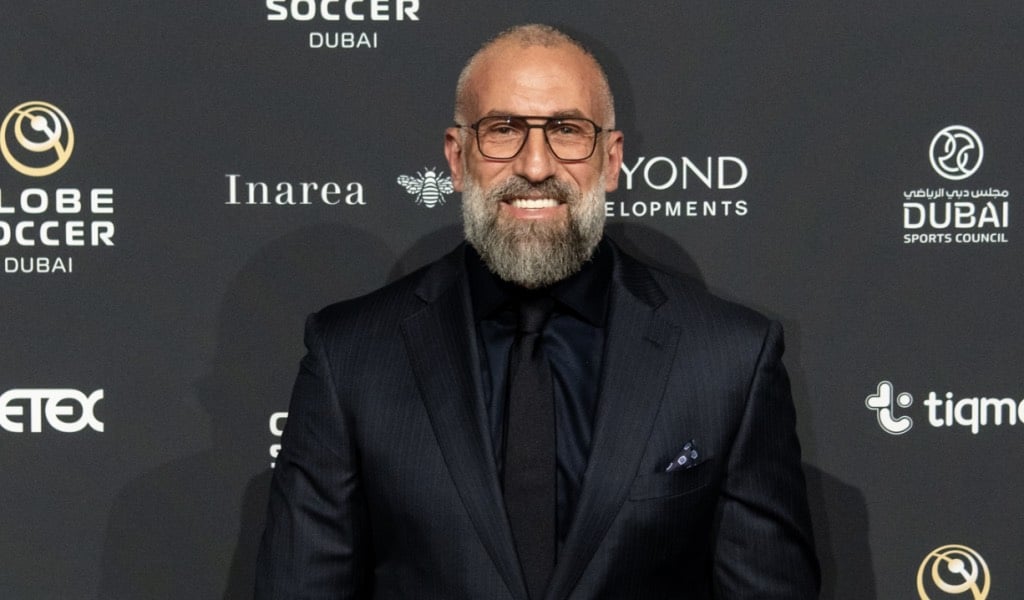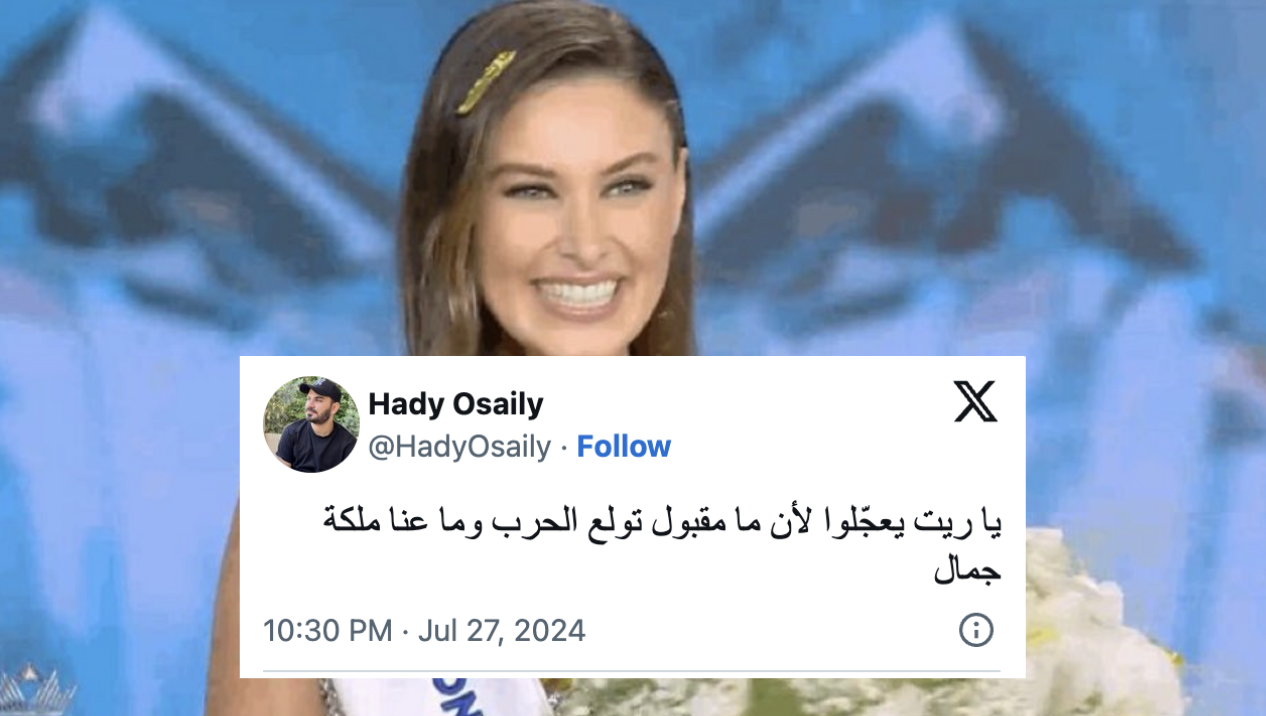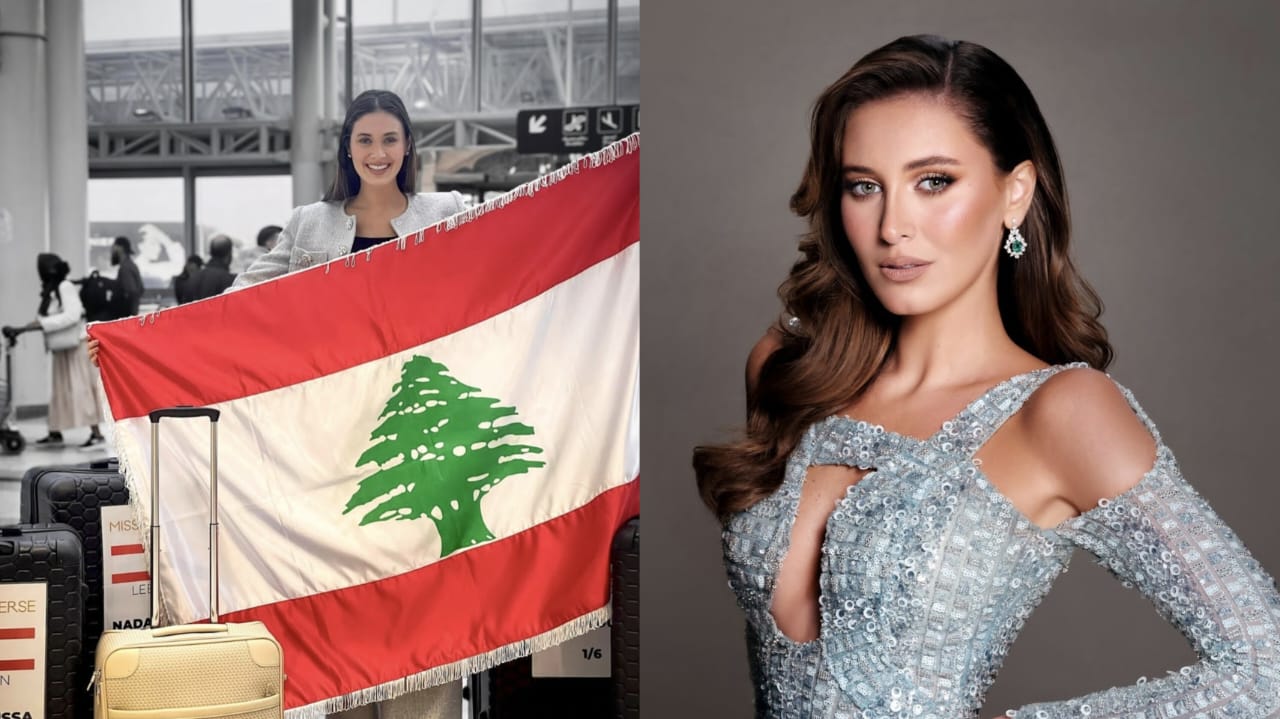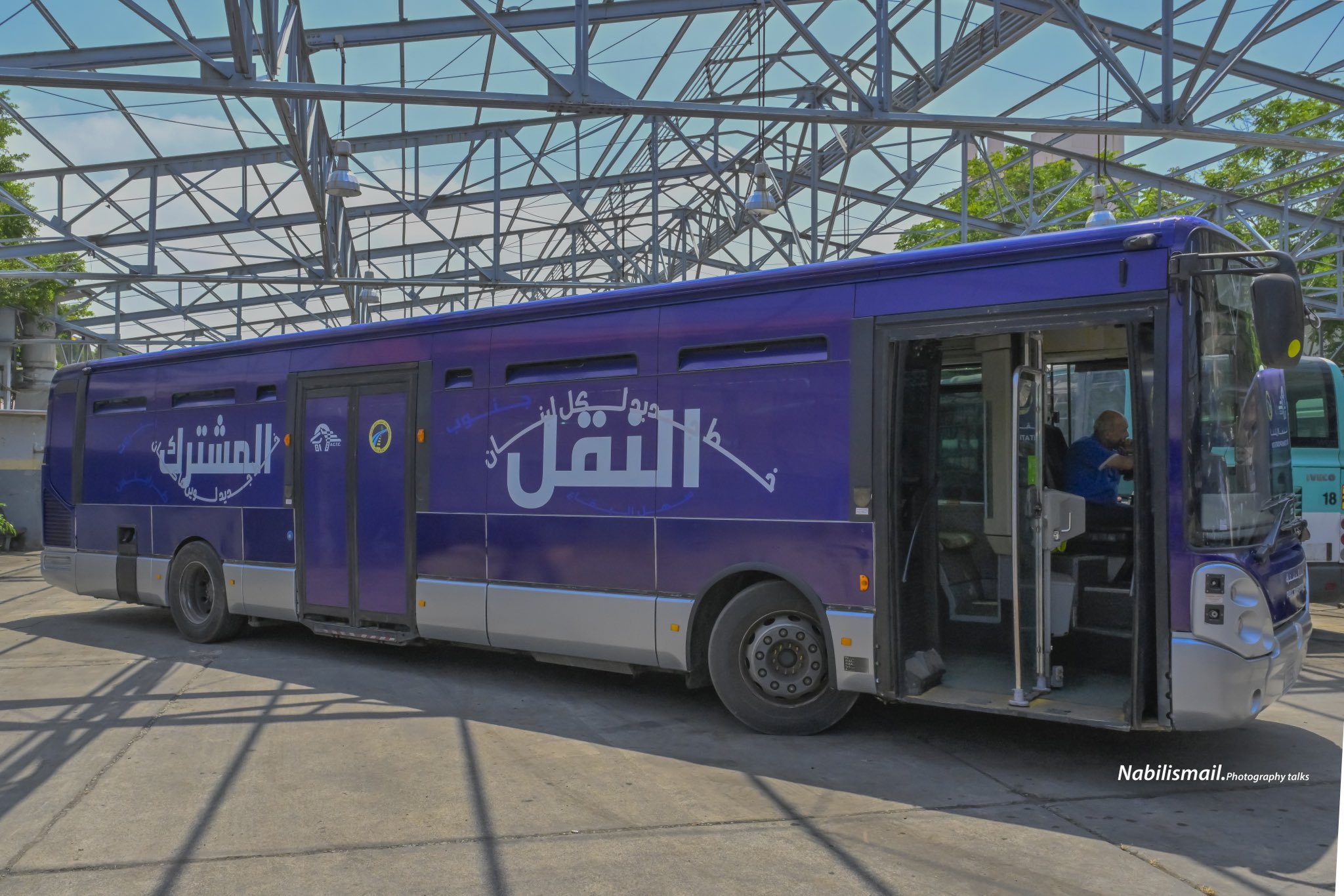Our Interview With Postcards, The Awesome Lebanese Band
I had the awesome opportunity to ask the awesome band, Postcards, a few questions about their awesome new album, I’LL BE HERE IN THE MORNING. If you think I’ve over-used the word ‘awesome’, that’s probably because you haven’t seen the music video for their new song, Bright Lights.
The band – AKA Marwan, Julia, Pascal and Rany – took the time to talk to me and answer a few questions about themselves and their new album.
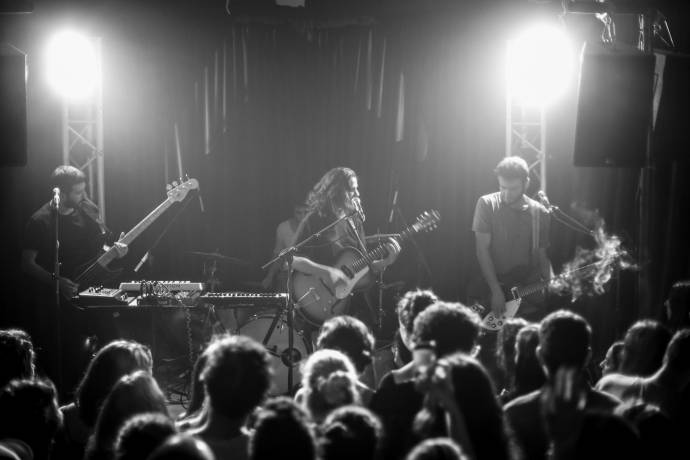
Photo courtesy of Sandra Fayad
So, can you tell me a bit about its writing process for this album?
The writing process was different for this album. At first we were struggling in writing and composing, we were stuck on a formula that wasn’t working, where we insisted on writing every single word and note all together. We realized after a while that to make a more personal album, one that’s more thematically and musically unified, we had to separate the song writing from the music composition. Once we figured that out, we were writing songs faster than ever, and they were all starting to take shape and we reached a new sound that we all related to. Between 2015 and 2017, we kept writing songs, we played them on tour, rewrote them, arranged them with the help of Fadi (Tabbal, our producer) and finally recorded them between January and July of 2017.
There’s obviously a big change of style compared to your previous works, why this specific change, and why now?
It wasn’t really a conscious decision, where we sat down and said ‘ok let’s change sounds now!’ It was a natural shift towards the new dreamy sound, because of many things really – from the music we were listening to, to the way we worked as a band in writing the songs, to us growing as people and wanting to explore that more musically. On ‘What Lies So Still EP,’ we went really deep into folk music, but the songs we started writing after that were not traditionally what you think of as ‘folk,’ and we struggled to fit them into that genre. At some point in the last 2 years we sat down with Fadi and decided we shouldn’t limit ourselves to the ‘folk’ label, and just write freely. What came out then was a sound more rooted in a type of dream pop/90s lo-fi rock, based on a lot of the bands we were listening to at the time, where despite the sparse instrumentation, there were still songwriter-based songs (similar to Slowdive, Red House Painters, Mazzy Star, Yo La Tengo, Galaxy 500, Angel Olsen, PJ Harvey, Portishead, Sufjan Stevens…). And for the first time we felt like we were confident and comfortable enough with our sound that we wanted to record a full-length album, as opposed to EPs as we had done before.
What inspired the lyrics for the album?
Julia: The lyrics are more personal this time around – and they were really hard to write – but the whole process turned out to be really cathartic. There’s a general theme of duality, of shifting between extreme emotions/thoughts. Wrinkles, for example, is about wanting to fast forward through life to get to the point where you and your loved one are at peace with yourselves and the world and are just waiting for it all to end. A Broken Record, which is seemingly a light pop song, is actually about a person close to me dealing with a terrible wave of depression.
How does it feel to show your faces again in the video clip of Bright Lights? What vibe were you trying to convey in the video?
The decision to have our faces shown was a difficult one (for some obscure reason we all become very awkward when we know that we are being filmed…), but thanks to Camille Cabbabe (who directed the video) this time around it worked and we got the result we wanted. And because the song is so much fun to play live, we didn’t really have to think too much while filming, we were moving naturally. The overall aesthetics are in line with the 90s feel we craved.
I personally find it hard to choose a favorite song from the album. My question to you is what is the song that means to you the most on the album?
Marwan: Wrinkles
Pascal: Probably Before We Sleep. I love how the music expresses the apathy of a depressed person but the singing is comforting and makes you feel like it’ll all pass.
Julia: It’s not easy for me either, but I think I was really surprised/proud with how Waves turned out – it’s the first song we wrote out of all the album, and lyrically was the hardest to get right. I love the drama of it and it’s a great song to start our live set with – it always catches the audience off guard.
Rany: Wide Awake – It’s a song that I never imagined we would write – it’s completely different from any song on the album (the structure, instrumentation, the electronic takeover in the end).
A lot of local talents in Lebanon focus on the Lebanese context, Beirut, or simply the Arabic language in their music. What do you think about this approach in making music and is Postcards planning on adopting it sometime in the future?
This is a question we get asked a lot… we are Lebanese, we live in Lebanon, and we write about our experiences here – and that is what makes our music Lebanese. Incorporating Middle Eastern instrumentation/melodies in music is not the only thing that makes a band authentically Lebanese. Everything we make, by default, is Lebanese, because we are writing as Lebanese people. The music might not classify as regional, but we are writing it from our perspective. The songs in this album are very much related to our lives here. There is a constant shift between loud vs calm, sadness versus indifference, and anger versus surrender. Those emotions translate what Lebanon (especially Beirut) feels to us, a constant shift between two states of mind.
The other issue is that we learned French and English in school as our main languages, and not Arabic, the films we get here are not dubbed in Arabic, the signs on our streets are all written in both Arabic and English/French, the list goes and on… Because of that, our thinking process is actually in English, so we write in English, for us it feels more natural that way.
What’s next for Postcards?
Next up we will be releasing the album on Anghami, in November. For now the album is only available in the form of physical copies at shops around Beirut (Beirut Art Center, Dawawine, Music Now, Onomatopeia the Music Hub). We’ll be playing a couple of concerts in November and December around Lebanon as well.
Otherwise we will release our album worldwide through our German label (T3 Records) and our UK distributor (Cargo Records) of our Lebanese label (Ruptured) on January 26th 2018 (CD, digitally, and on vinyl). There will also be plenty of touring to accompany the release, so stay tuned!
To connect with the band and stay informed, visit their website, like their Facebook page, follow their Instagram account, or follow them on Twitter.
